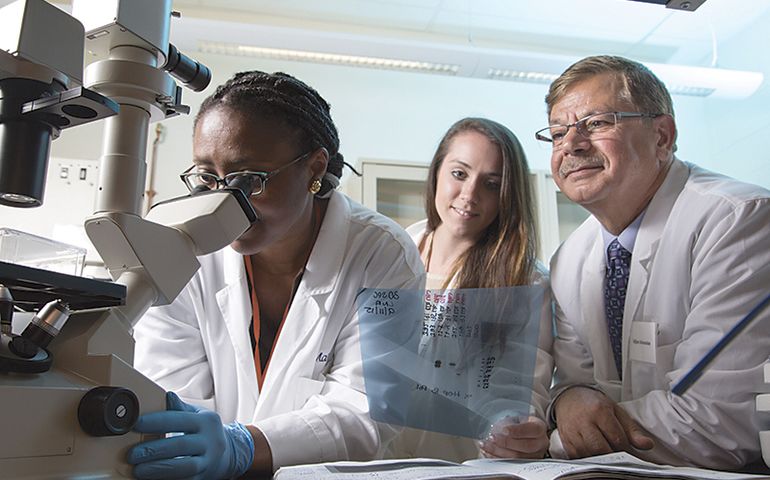Processing Your Payment
Please do not leave this page until complete. This can take a few moments.
-
News
-
Editions
-
- Lists
-
Viewpoints
-
HBJ Events
-
Event Info
- 2024 Economic Outlook Webinar Presented by: NBT Bank
- Best Places to Work in Connecticut 2024
- Top 25 Women In Business Awards 2024
- Connecticut's Family Business Awards 2024
- What's Your Story? A Small Business Giveaway 2024 Presented By: Torrington Savings Bank
- 40 Under Forty Awards 2024
- C-Suite and Lifetime Achievement Awards 2024
- Connecticut's Health Care Heroes Awards 2024
-
-
Business Calendar
-
Custom Content
- News
-
Editions
View Digital Editions
Biweekly Issues
- April 15, 2024
- April 1, 2024
- March 18, 2024
- March 4, 2024
- February 19, 2024
- February 5, 2024
- January 22, 2024
- January 8, 2024
- Dec. 11, 2023
- + More
Special Editions
- Lists
- Viewpoints
-
HBJ Events
Event Info
- View all Events
- 2024 Economic Outlook Webinar Presented by: NBT Bank
- Best Places to Work in Connecticut 2024
- Top 25 Women In Business Awards 2024
- Connecticut's Family Business Awards 2024
- What's Your Story? A Small Business Giveaway 2024 Presented By: Torrington Savings Bank
- 40 Under Forty Awards 2024
- C-Suite and Lifetime Achievement Awards 2024
- Connecticut's Health Care Heroes Awards 2024
Award Honorees
- Business Calendar
- Custom Content
Farmington biotech teams with Yale to pursue COVID-19 vaccine
 HBJ Photo | Steve Laschever
CaroGen CEO Bijan Almassian (right) in his UConn Health incubator lab.
HBJ Photo | Steve Laschever
CaroGen CEO Bijan Almassian (right) in his UConn Health incubator lab.
Farmington-based CaroGen and scientists from Yale have begun work on a vaccine targeting the coronavirus responsible for the ongoing global outbreak of COVID-19 disease.
The team is basing its approach on previous work done by CaroGen co-founder and scientific chairman, John Rose, in the wake of the global SARS epidemic of 2003. The coronaviruses that cause SARS and COVID-19 are genetically similar.
Rose, who is director of the Yale School of Medicine’s molecular virology program, worked with others to develop a vaccine shown to be protective in animal models against the SARS virus.
“The foundation for a novel COVID-19 vaccine was established in our laboratory over a decade ago,” Rose said in a statement. “We hope to select candidate(s) for human clinical studies within the next several months.”
However, fully developing a vaccine and winning approval to use it in human patients could take three years, if everything goes well, CaroGen CEO Bijan Almassian told HBJ on Thursday.
“Vaccine development and approval is longer and more expensive and the bar is higher, as they will be tested in healthy people,” Almassian said.
Three years could be well past the peak of the current outbreak in the U.S., which some have estimated to occur this summer. However, Almassian said there’s likely to be a need for a vaccine in the future.
“It could possibly come back next winter after being silent during the summer,” he said of the virus.
COVID-19 isn’t the first outbreak that has spurred CaroGen to take action. The company, which is developing vaccines and immunotherapies for cancer and infectious diseases including hepatitis B, planned a collaboration with Yale and UConn in 2016 on a Zika virus vaccine, after a global outbreak that began the year prior.
The effort ultimately didn’t have legs, Almassian said, citing steep competition from other Zika vaccine developers, a lack of funding, and the fact that the epidemic officially tailed off just weeks after the vaccine collaboration was announced.
If anyone can find a vaccine its Yale virology!

2022 Giving Guide
This special edition informs and connects businesses with nonprofit organizations that are aligned with what they care about. Each nonprofit profile provides a crisp snapshot of the organization’s mission, goals, area of service, giving and volunteer opportunities and board leadership.
Learn more
Subscribe
Hartford Business Journal provides the top coverage of news, trends, data, politics and personalities of the area’s business community. Get the news and information you need from the award-winning writers at HBJ. Don’t miss out - subscribe today.
Subscribe
2024 Book of Lists
Delivering Vital Marketplace Content and Context to Senior Decision Makers Throughout Greater Hartford and the State ... All Year Long!
Read Here-
2022 Giving Guide
This special edition informs and connects businesses with nonprofit organizations that are aligned with what they care about. Each nonprofit profile provides a crisp snapshot of the organization’s mission, goals, area of service, giving and volunteer opportunities and board leadership.
-
Subscribe
Hartford Business Journal provides the top coverage of news, trends, data, politics and personalities of the area’s business community. Get the news and information you need from the award-winning writers at HBJ. Don’t miss out - subscribe today.
-
2024 Book of Lists
Delivering Vital Marketplace Content and Context to Senior Decision Makers Throughout Greater Hartford and the State ... All Year Long!
ABOUT
ADVERTISE
NEW ENGLAND BUSINESS MEDIA SITES
No articles left
Get access now
In order to use this feature, we need some information from you. You can also login or register for a free account.
By clicking submit you are agreeing to our cookie usage and Privacy Policy
Already have an account? Login
Already have an account? Login
Want to create an account? Register
Get access now
In order to use this feature, we need some information from you. You can also login or register for a free account.
By clicking submit you are agreeing to our cookie usage and Privacy Policy
Already have an account? Login
Already have an account? Login
Want to create an account? Register






1 Comments